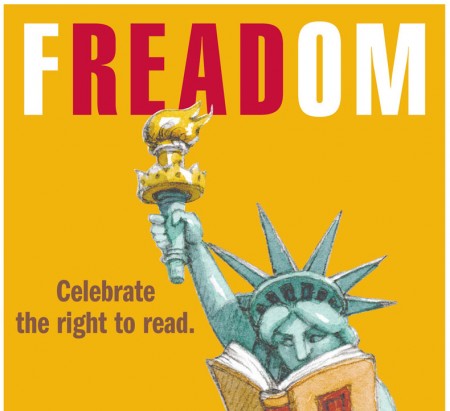The primary
purpose of the school library is to provide access to information for its
students through various media that represent a wide range of ideas and
information. Choosing which media to
include in a library’s collection is the job of the school librarian. Librarians must select age appropriate books
based on subject, reading ability, and emotional and social development. Librarians
need to be educated to handle their professional and legal responsibilities to
protect the intellectual freedom and First Amendment rights of students and
young adults. They must be trained to
ensure that students have free access to information and that the selection
process for materials abides by the law.
It is not the responsibility of the school librarian to substitute their
personal judgment for the readers’ or to impose their own beliefs on students.

The Library Bill of
Rights (by the ALA) states that “material should not be excluded because of
origin, background, or views of those contributing to their origin”. It also claims that “libraries should provide
materials and information presenting all points of view on current and
historical issues…materials should not be proscribed or removed because of
partisan or doctrinal disapproval”.
Another right stated in the bill is that “libraries should challenge
censorship in the fulfillment of their responsibility to provide information
and enlightenment”. The ALA claims that
students have a “measure” of First Amendment rights and that the governments
cannot censor materials unless they are “obscene, contain child pornography, or
are harmful to minors”. Censorship is
defined by the ALA as “the suppression of ideas and information that certain
persons…find objectionable or dangerous”.
No comments:
Post a Comment